Breaking News! The 2024 Nobel Prize in Physiology or Medicine Announced, Awarded to Two Scientists in the miRNA Field
Real-Time News
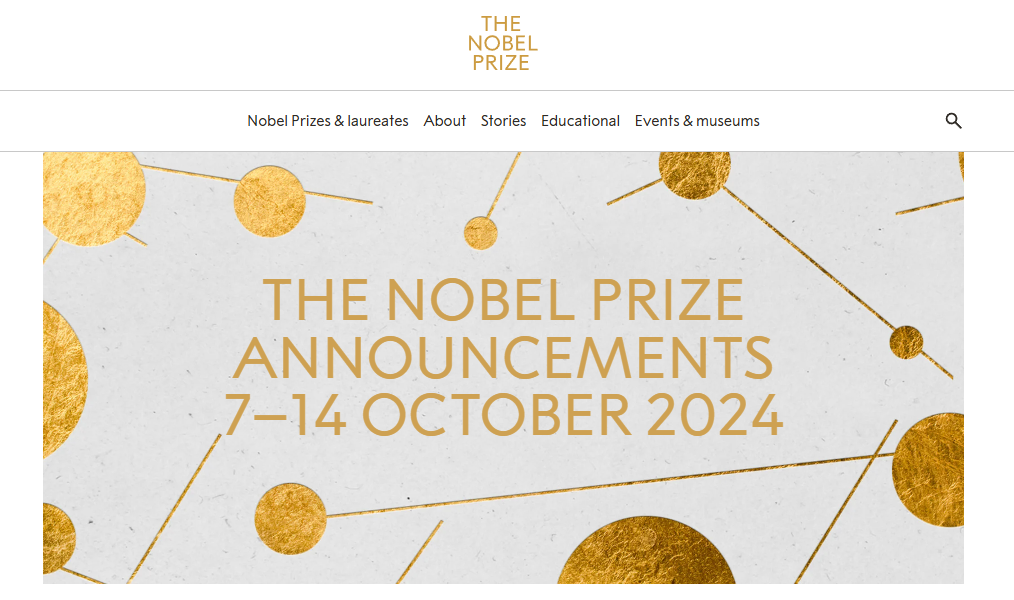
At 17:30 Beijing time on October 7, 2024, the Nobel Prize in Physiology or Medicine was awarded to Victor Ambros, a professor at the University of Massachusetts Medical School, and Gary Ruvkun, a professor at Harvard Medical School, USA. The award recognizes their discovery of microRNA (miRNA) and its role in post-transcriptional gene regulation.
Their groundbreaking discovery revealed a novel mechanism of gene regulation that is essential for multicellular organisms, including humans.
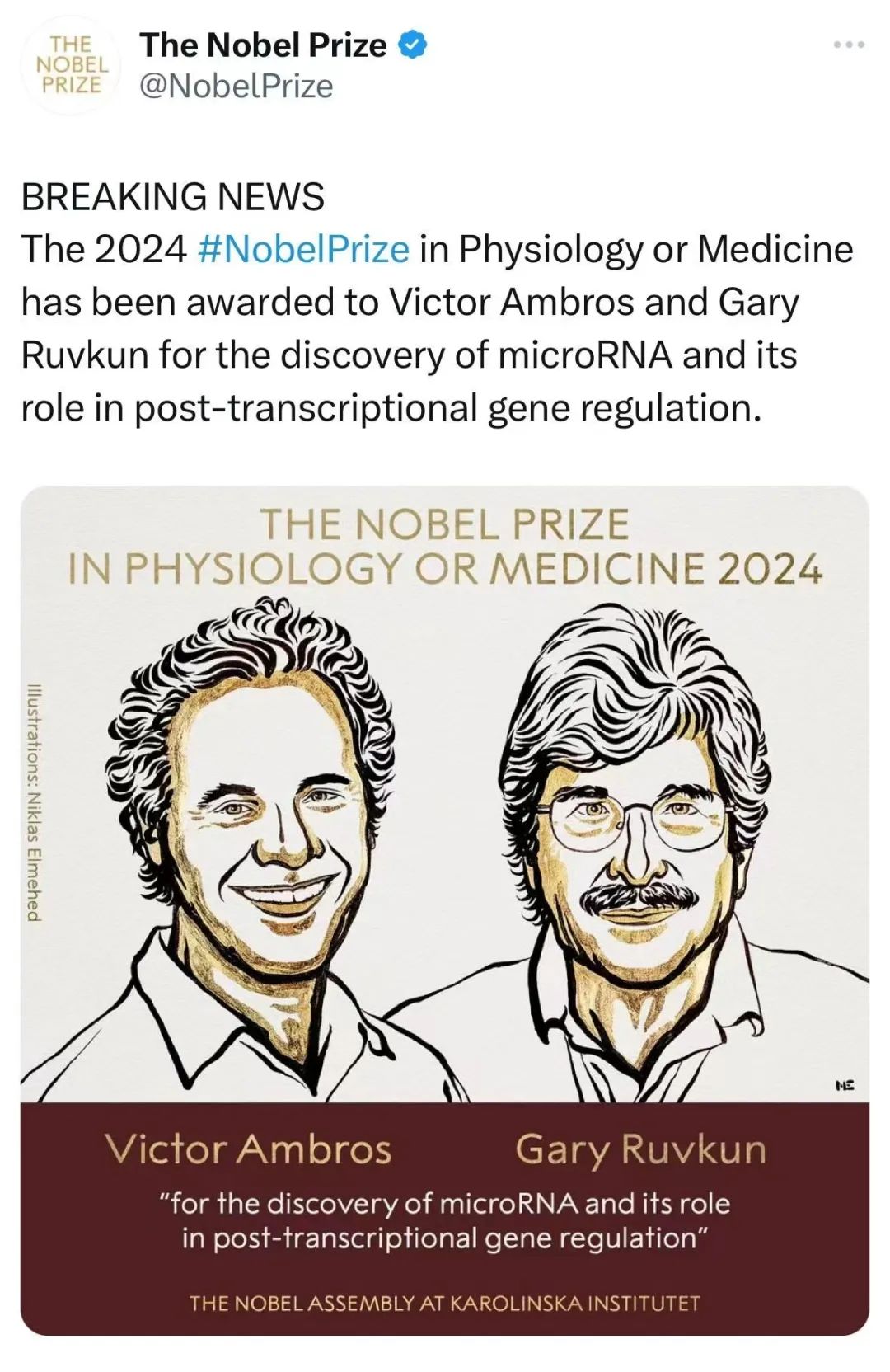 The Discovery of microRNA
The Discovery of microRNA
MicroRNA is a 21-23 nucleotide-long RNA molecule found widely in eukaryotic organisms, capable of regulating the expression of other genes. miRNA is transcribed from DNA but does not translate into proteins. Instead, it binds specifically to target messenger RNA (mRNA), inhibiting post-transcriptional gene expression. This plays a key role in gene regulation, the cell cycle, and the timing of organism development.

In 1993, Victor Ambros and Gary Ruvkun independently discovered a gene called lin-4 in C. elegans (roundworms). This gene did not encode a protein but instead expressed a 22-nucleotide small RNA, which inhibited the LIN-14 protein-coding gene and regulated worm development. However, this discovery initially received little attention from the scientific community.
In 2000, the second miRNA was discovered and named let-7, a 21-nucleotide RNA identified by Gary Ruvkun in roundworms.
In 2001, three research groups led by Thomas Tuschl, David Bartel, and Victor Ambros, respectively, published articles in Science, coining the term "microRNA."
Review of Nobel Laureates in the Past Decade and Their Achievements
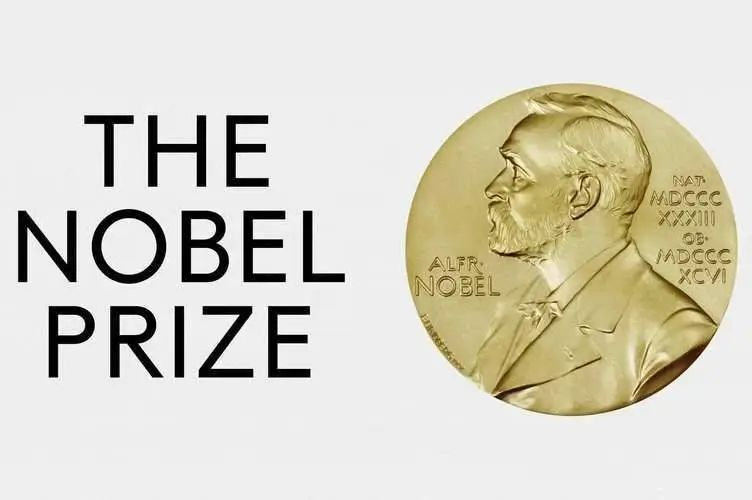
- 2023: Hungarian-American scientist Katalin Karikó and American scientist Drew Weissman were awarded for their discoveries in nucleoside base modifications that enabled the development of effective mRNA vaccines against COVID-19.
- 2022: Swedish scientist Svante Pääbo won for his contributions to the study of extinct hominin genomes and human evolution.
- 2021: American scientists David Julius and Ardem Patapoutian were awarded for discoveries related to how we sense temperature and touch.
- 2020: American scientists Harvey Alter, Charles Rice, and British scientist Michael Houghton were awarded for their contributions to the discovery of the hepatitis C virus.
- 2019: American scientists William Kaelin, Gregg Semenza, and British scientist Peter Ratcliffe won for discovering how cells sense and adapt to oxygen levels.
- 2018: American immunologist James Allison and Japanese immunologist Tasuku Honjo were awarded for their discovery of cancer therapies that inhibit negative immune regulation.
- 2017: American scientists Jeffrey Hall, Michael Rosbash, and Michael Young won for explaining how living organisms adapt their biological rhythms to Earth's rotation.
- 2016: Japanese molecular biologist Yoshinori Ohsumi won for his discoveries of mechanisms for autophagy.
- 2015: Chinese scientist Tu Youyou won for her discovery of artemisinin and dihydroartemisinin for treating malaria, while Irish scientist William Campbell and Japanese scientist Satoshi Ōmura were awarded for developing new treatments for parasitic infections.
- 2014: British scientist John O’Keefe and Norwegian scientists Edvard Moser and May-Britt Moser were awarded for discovering cells that make up the brain's positioning system.
HZYMES BIOTECH
Hzymes has advanced technology and extensive experience in the RNA field, offering raw enzymes, nucleotides, quality control kits, and cell/animal validation services.


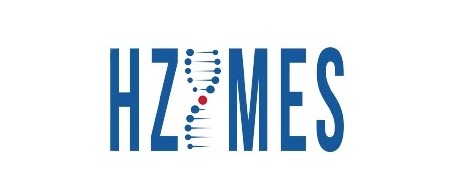
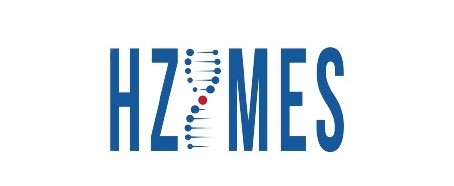
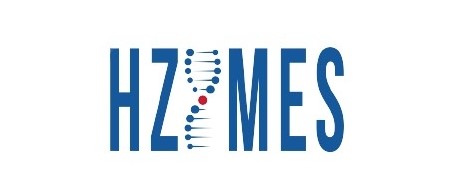
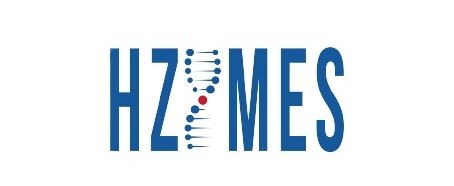
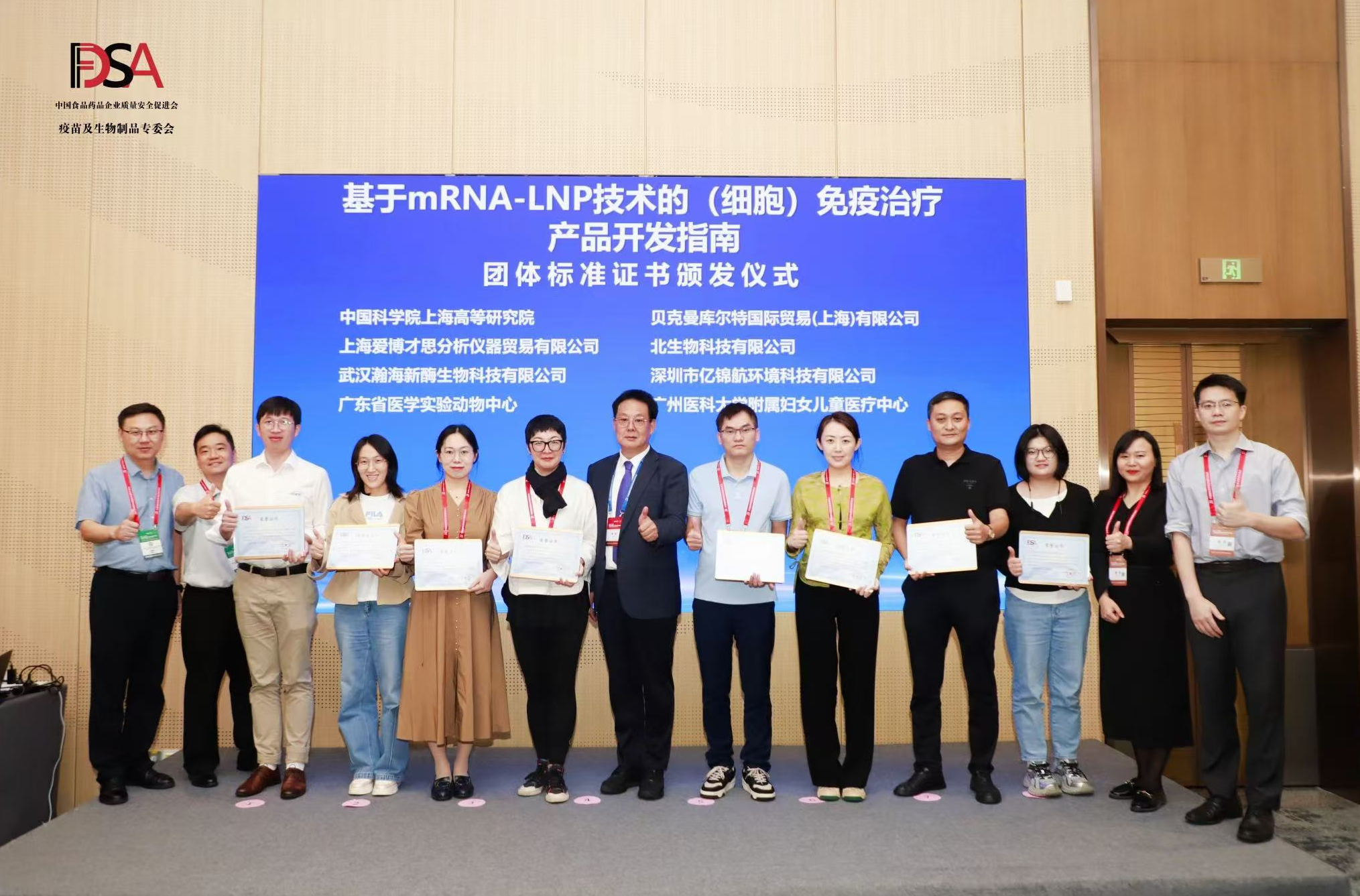




Please first Loginlater ~